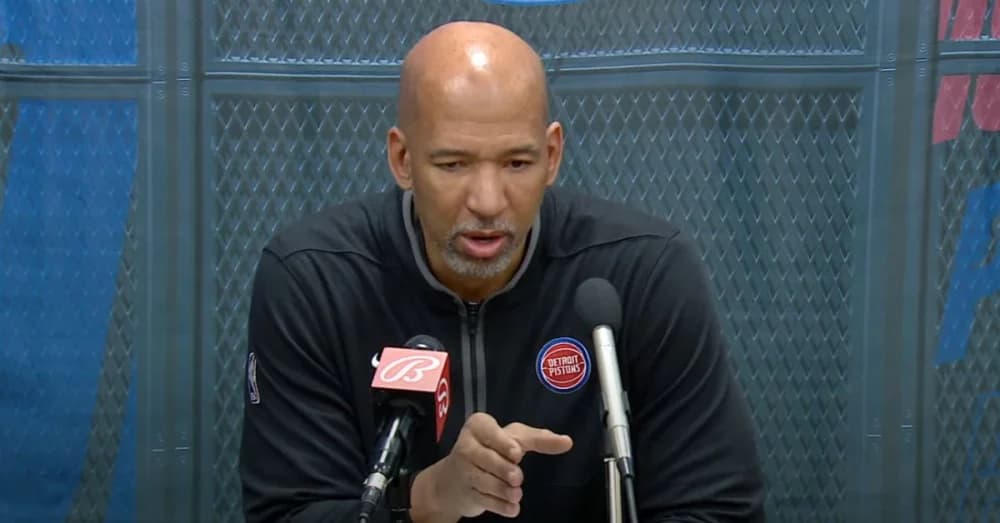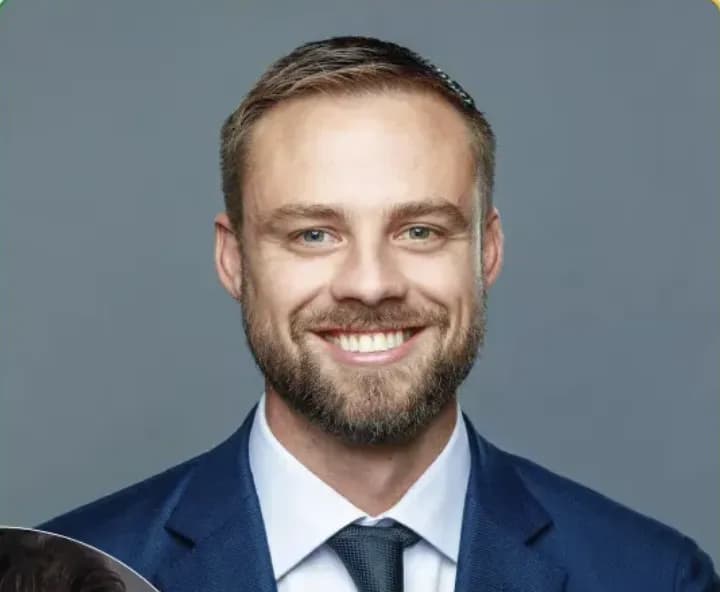Lakers’ Insufficient Offer for Dan Hurley Reflects Deeper Issues in Franchise Management

When the Detroit Pistons were determined to secure Monty Williams as their head coach last offseason, they spared no expense, ultimately offering him a six-year, $78.5 million contract. This move set a new benchmark in the coaching market, followed by lucrative deals for top coaches like Erik Spoelstra, Steve Kerr, Gregg Popovich, and Ty Lue. Franchise Management, this is the current standard for elite NBA head coaches.
The financial disparity between the Pistons and the Los Angeles Lakers is significant. Forbes values the Lakers at $6.4 billion, more than double the Pistons’ $3.08 billion valuation. Additionally, the Lakers generated an estimated $516 million in revenue last year, nearly twice the Pistons’ $274 million. These figures suggest that the Lakers, as a marquee franchise, should be operating in a different economic league.
Yet, when it came to pursuing their chosen candidate, Dan Hurley, the Lakers offered a relatively modest $70 million over six years. While Williams is a more established NBA coach, the Lakers have a history of making substantial offers to college coaches, as seen with their attempts to lure Mike Krzyzewski in 2004 and Jerry Tarkanian in 1979. These efforts, under the leadership of Dr. Jerry Buss, included substantial financial commitments to attract top coaching talent.
However, under Jeanie Buss, the Lakers have struggled with coaching decisions, not just due to frequent changes but also because of underwhelming offers to preferred candidates. This pattern emerged starkly in 2019 when the Lakers pursued Ty Lue. Despite his championship pedigree and fit with LeBron James, the Lakers offered him a three-year, $18 million deal—far below his previous contract with the Cavaliers. Lue felt disrespected, perceiving the offer as aligning him only with James’ remaining contract duration, rather than as a long-term solution.
The Lakers then turned to Frank Vogel, who accepted the same three-year terms. Despite leading the team to a championship and a No. 1 defensive ranking, Vogel only received a minimal extension. When the Lakers’ subsequent season faltered due to poor decisions like the Russell Westbrook trade, Vogel was scapegoated and dismissed.
The Lakers’ willingness to spend lavishly on star players contrasts with their reluctance to invest similarly in coaching and support staff. Historically, they have paid for top talent on the court but have become increasingly frugal with coaching salaries and infrastructure. This inconsistency raises questions about their commitment to building a sustainable, winning culture.
While it’s uncertain if any offer could have lured Hurley away from UConn, where he aims for a historic third consecutive national championship, the Lakers’ offer should have at least matched the market rate established by teams like the Pistons. This reluctance indicates a fundamental misunderstanding or disregard for the current coaching marketplace. It suggests that even if Hurley had accepted, the Lakers might not have invested adequately in the necessary infrastructure and support.
The Lakers’ legacy and Hollywood allure demand a competitive edge in all aspects, including coaching. Their failure to recognize the value of top coaching talent and invest accordingly could hinder their ability to build a sustainable, winning environment. This misstep with Hurley underscores the need for a reassessment of their strategic priorities and investment in coaching excellence.





